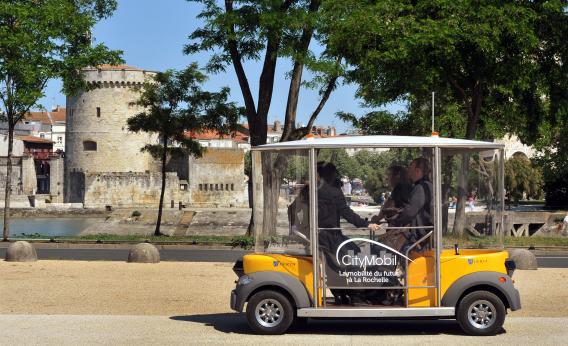Will autonomous computer-piloted automobiles change the world? Some say yes others say no. I’ve been known to have my doubts that they’ll clear regulatory hurdles, and Megan McArdle observes that the structure of personal injury litigation in the United States could be a major challenge. But she also points to the reason I’m fundamentally optimistic, namely that the United States isn’t an island.
She says that “If driverless cars happen, I expect they’ll be pioneered in Europe, and only grudgingly be adopted here.”
The bigger story is that this is a reason why American relative decline and rising incomes in Asia is something we should welcome rather than fear. There are all kinds of situations in which policymakers face tradeoffs between innovation and other kinds of priorities. And different sets of policymakers are going to make different decisions about the tradeoffs. In a world where the United States is an overwhelmingly large player, then any poor tradeoffs we make are difficult to revisit. But in a more diverse world, someone else might do it. For autonomous cars to get off the ground, they really only need to get off the ground in one place. That could be California, but it could also be Germany or Brazil or China or Japan.
My guess would be that promising-but-scary technology is more likely to be pioneered in a poorer country, since as people get wealthier they tend to become more risk averse and prioritize safety. But if something proves really useful and basically safe in some subset of countries, the pressure to change the rules elsewhere should become intense.
